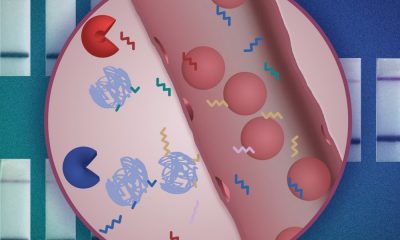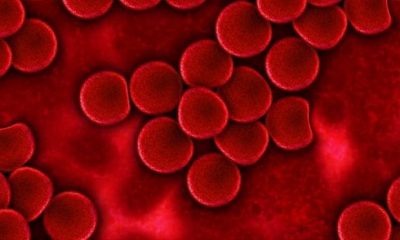Down’s Syndrome Awareness Week is observed across the globe between March 15-21 to educate people on the health condition. The purpose of the awareness week also involves clamping down on the negative approaches around the disease and showing how people with the syndrome can lead a normal live just like any other individual.
Throughout the week, numerous activities are conducted in different medical and healthcare institutions to help create awareness about individuals with Down’s syndrome and support those who have cognitive delays.
What is Down’s Syndrome?
Down’s syndrome is a congenital condition caused by abnormal cell division resulting in an extra copy of chromosome 21. There are both physical and behavioral manifestations of this condition. Some distinguished physical features of individuals with down syndrome include a flattened skull, slanted folds of skin in the inner corners of the eyes, a large tongue and shorter height during both childhood and adulthood.
The gene-driven disease, which is alternatively called trisomy or trisomy 21, is linked to slower cognitive development in children. Known to be the most diagnosed chromosomal condition across the U.S., around 6,000 babies each year are born with the disease.
Although each baby conducts themselves differently, parents often express uniform concerns about whether they will have potential health risks in the future due to the condition. The concerns are somewhat reasonable as babies born with the syndrome are likely to need frequent hospital visits, more medical attention, longer hospital stay after birth and delayed developmental milestones.
How the diagnosis is done?
Advanced disgnostic testing has strengthen the possibility to inform a pregnant woman if the baby in their womb has down syndrome. Screening tests are considered relatively safer for expecting mothers albeit not ultimately. However, neither screening nor diagnostic texting can conclusively measure the full impact of the condition on a child.
The social initiative was first adopted by Down’s Syndrome International based in Devon, U.K., with some backing from the U.S. government. The week was engineered to last until March 21 as the number refers to the 21st chromosome, which causes the condition.
And aside from raising public awareness, the day is focused on promoting inclusivity and widespread support for the well-being of the babies.
















